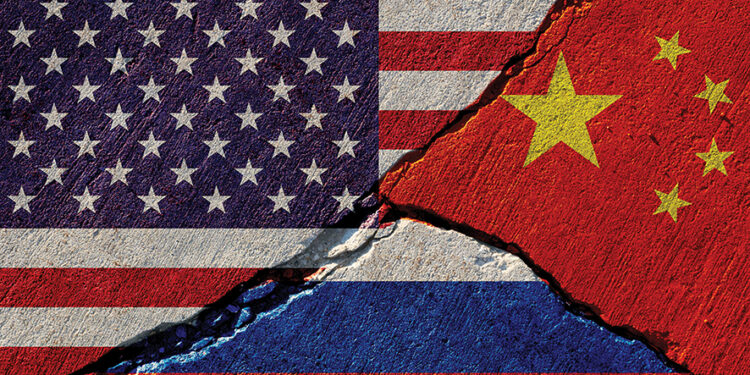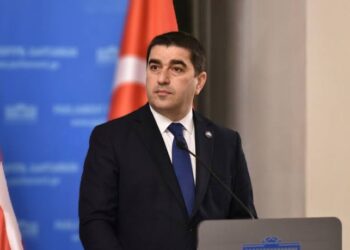Tucked between Europe and Asia, Georgia sits at one of the world’s most complicated crossroads. This small South Caucasus nation is working hard to build a peaceful and stable future, but that’s no easy task when powerful global and regional players are constantly pulling in different directions. From the democratic ideals of the West to the assertive presence of Russia and the growing influence of China, Georgia is trying to walk a careful line, and the stakes couldn’t be higher.
For Western countries like the United States and members of the European Union, an independent, democratic Georgia is seen as key to keeping the region stable. The West has supported Georgia’s sovereignty for years and backed its hopes to one day join NATO and the EU. That support is also seen as a way to counter Russia’s influence and protect against democratic backsliding. But lately, things have gotten tense. Moves by the Georgian government — such as pushing forward the controversial “foreign agent” law, have raised red flags in the West. These steps feel uncomfortably close to Russian-style crackdowns on dissent, and they’ve left Western allies wondering how to hold the government accountable without losing the support of ordinary Georgians, or accidentally pushing the country closer to Moscow.
Meanwhile, Russia is playing a very different game. For Moscow, keeping Georgia out of Western alliances is a top priority. Russia still occupies two breakaway regions, Abkhazia and South Ossetia — using its military presence there to block any chance of reintegration. It also uses soft power tactics: propaganda, economic incentives like restoring direct flights, and political pressure to try to pull Georgia back into its orbit. To Russia, Western support for Georgia’s democracy isn’t help, it’s interference. And it’s doing what it can to shape a Georgian government that sees things its way.
As ties with the West become more complicated, another big player has stepped in: China. Beijing is quietly but steadily expanding its presence in the South Caucasus. It’s investing heavily in infrastructure, especially the so-called ‘Middle Corridor,’ a trade route linking Asia to Europe through Georgia. In fact, last year, Georgia and China officially upgraded their relationship to a strategic partnership. This growing connection has sparked debate at home and abroad: Is Georgia shifting its alliances? Or simply trying to broaden its options in an uncertain world?
Then there are Georgia’s neighbors. Turkey has long supported Georgia’s territorial integrity and continues to strengthen economic ties through major connectivity projects. At the same time, Georgia is trying to be a constructive player in the region, offering to host peace talks between Armenia and Azerbaijan in hopes of helping resolve their long-running conflict. For Tbilisi, regional peace isn’t just goodwill: it’s vital to its own future.
Caught between these competing forces, Georgia’s leaders have a tough job. Each partner — the West, Russia, China, and its neighbors, brings its own interests, expectations, and pressures. Navigating all of them while staying true to Georgia’s values and goals is no small feat. What’s needed now is smart diplomacy, steady leadership, and a clear sense of direction. Georgia may be stuck between a rock and a hard place, but with the right strategy, it just might be able to turn that pressure into progress.
Op-Ed by Nugzar B. Ruhadze














